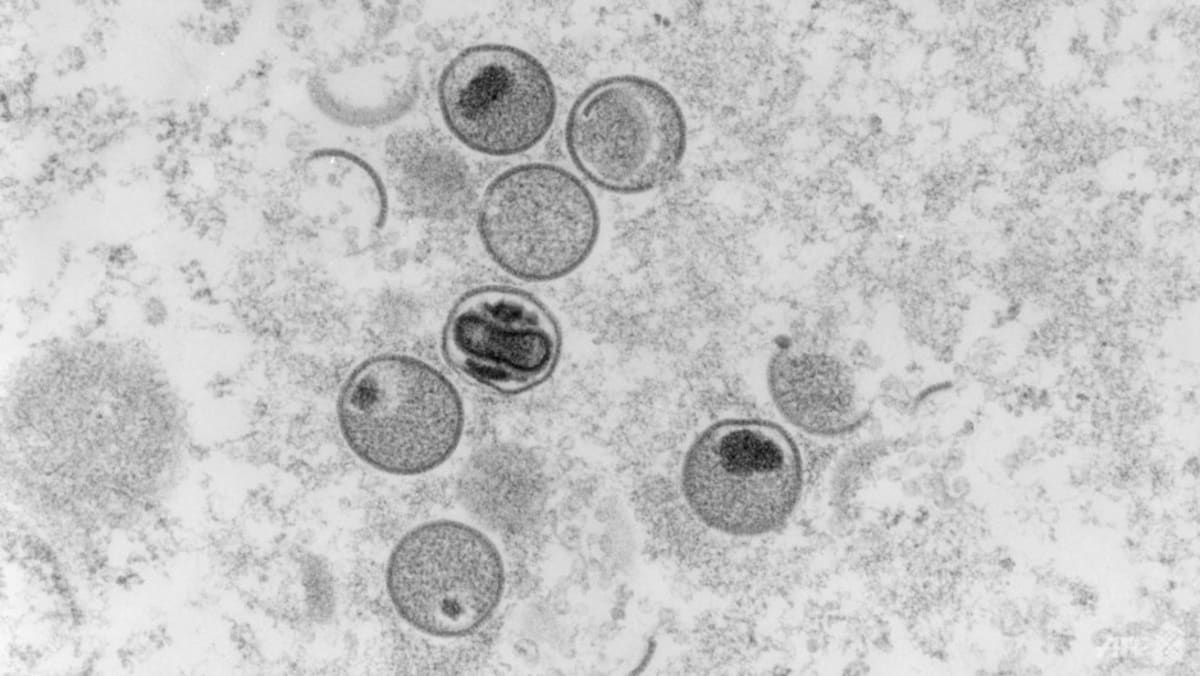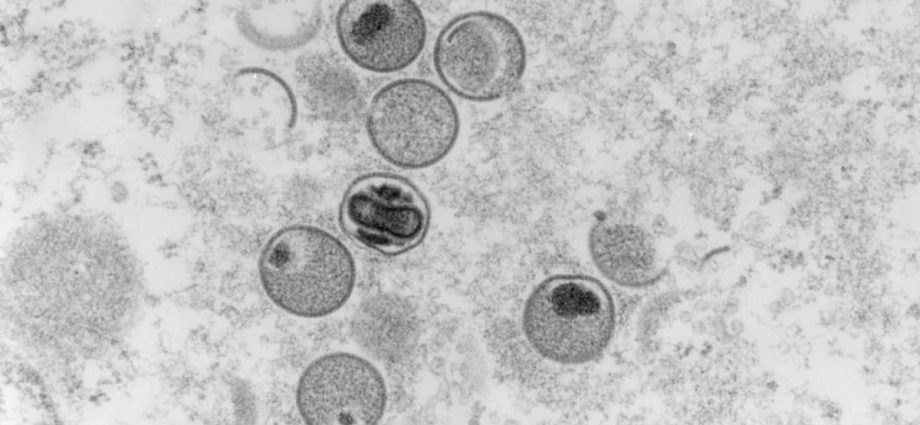
REGULAR TELEMEDICAL CONSULTATIONS
Those on the home recovery programme will receive regular telemedical consultations to assess their recovery, and may be taken to the National Centre for Infectious Diseases (NCID) for additional reviews if necessary.
They can also call a dedicated MOH hotline if they require any help.
In the event that monkeypox cases experience any shortness of breath, chest pains, severe headaches, stiff neck, changes in mental state such as mood or behaviour, or unusual symptoms with their nerves such as numbness, weakness, changes in speech or vision, abnormal movement of the arms or legs, they should call 995 immediately and inform the operator that they are monkeypox patients.
“In line with the shift to home recovery, suspect monkeypox cases who are assessed to be clinically well will no longer be required to isolate in the hospital while awaiting their test results,” said MOH.
“They may instead isolate themselves at home if they are able to do so. Those who are unable to self-isolate in their home will be isolated at an isolation facility while awaiting their test results.
“Suspect cases who are assessed to require admission for clinical care will continue to be managed in hospitals.”
The Health Ministry said it will continue to monitor the monkeypox situation closely and calibrate its response measures as needed.
Local and international data continue to show that monkeypox is typically a mild and self-limiting illness where the majority of patients recover within two to four weeks without requiring hospitalisation, said MOH.
“As the transmission of monkeypox requires close physical or prolonged contact, including face-to-face and skin-to-skin contact such as sexual contact, the risk to the general public remains low,” the ministry added.
The Health Ministry also encouraged members of the public to exercise personal responsibility by monitoring their personal health, maintaining good hygiene, as well as avoiding high-risk sexual activity, such as having multiple sex partners or casual sex, especially during travel.
They should also avoid close contact with people known or suspected to have monkeypox infection.

